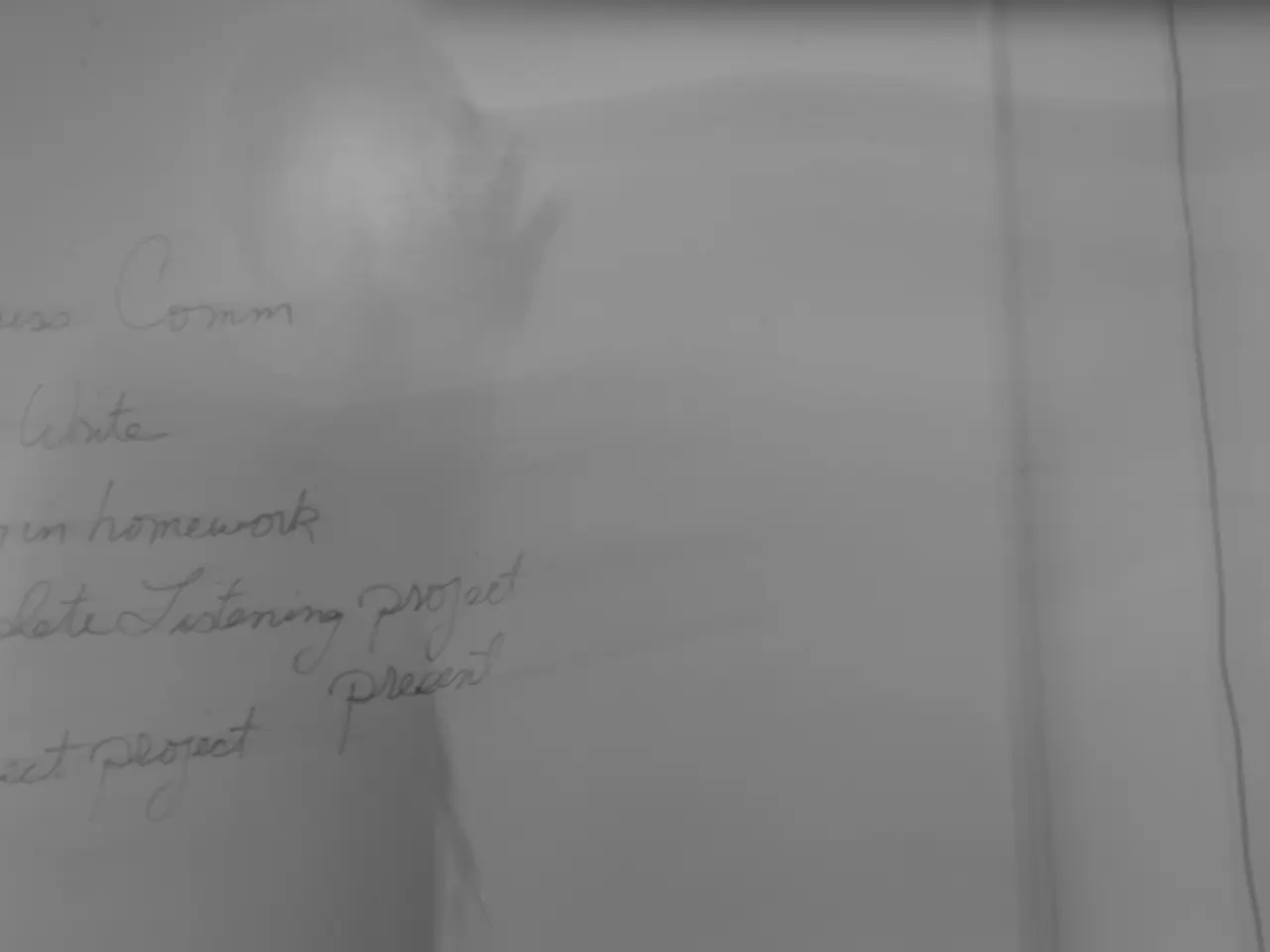Survival of the Human Species and the Impact of Decision Stagnation
Decision paralysis, a cognitive state where individuals are unable to make decisions due to overwhelming options or fear of making the wrong choice, is a common phenomenon in today's complex world. This condition can manifest in various scenarios, such as selecting a restaurant or choosing a career path, and has significant implications across consumer behavior, workplace productivity, and mental health.
Perfectionism can create an unrealistic standard in decision-making, causing individuals to spend excessive time weighing pros and cons without reaching a conclusion. This obsessive pursuit of the "perfect" choice can lead to increased stress, resulting in heightened anxiety levels and physical symptoms such as headaches or insomnia.
Employees may experience decision paralysis in the workplace, hindering productivity and leading to missed deadlines. In group settings, social dynamics can be hindered, leading to frustration among team members who struggle to reach agreements. Information overload, a consequence of the digital age, can trigger mental shutdowns and prevent decision-making due to the sheer volume of available information.
Addressing decision paralysis is crucial for improving decision-making skills and overall well-being. Effective strategies include recognising and managing perfectionism, using structured decision-making frameworks, avoiding common thinking traps, practising techniques like the STOP method, balancing information gathering with time limits, limiting digital distractions, and mindful management of information overload.
For those with ADHD or similar challenges, breaking down choices into manageable steps and addressing emotional overwhelm are especially important to combat "choice paralysis". Limiting options can alleviate feelings of overwhelm and simplify the decision-making process.
The paradox of choice suggests that more options can lead to dissatisfaction and regret in consumer behavior. Embracing imperfection can relieve pressure and encourage action by understanding that no choice is perfect and mistakes are part of life. From an evolutionary standpoint, decision paralysis may have roots in the need for careful decision-making in high-stakes situations.
Decision paralysis can contribute to anxiety and stress, leading to mental exhaustion and avoidance behavior. Fear of regret contributes to decision paralysis, causing individuals to delay decisions indefinitely due to the fear of making the wrong choice. This fear can result in reduced life satisfaction, as individuals may feel less satisfied with their choices and overall quality of life due to missed opportunities or unresolved dilemmas.
In conclusion, understanding and addressing decision paralysis is essential for navigating the complexities of modern life. By recognising natural psychological barriers and developing practical habits, individuals can make clearer, faster, and more confident decisions, ultimately improving their decision-making skills and overall well-being.
Science has been instrumental in understanding the psychology of decision-making, highlighting the existence of decision paralysis, and providing strategies for its management. For instance, the STOP method, a technique for self-regulation, is a health-and-wellness practice aimed at reducing stress and anxiety associated with decision-making. Additionally, embracing the concept of evolution can help us realize that careful decision-making in high-stakes situations has survival advantages, thus affecting our mental health in the long run.




